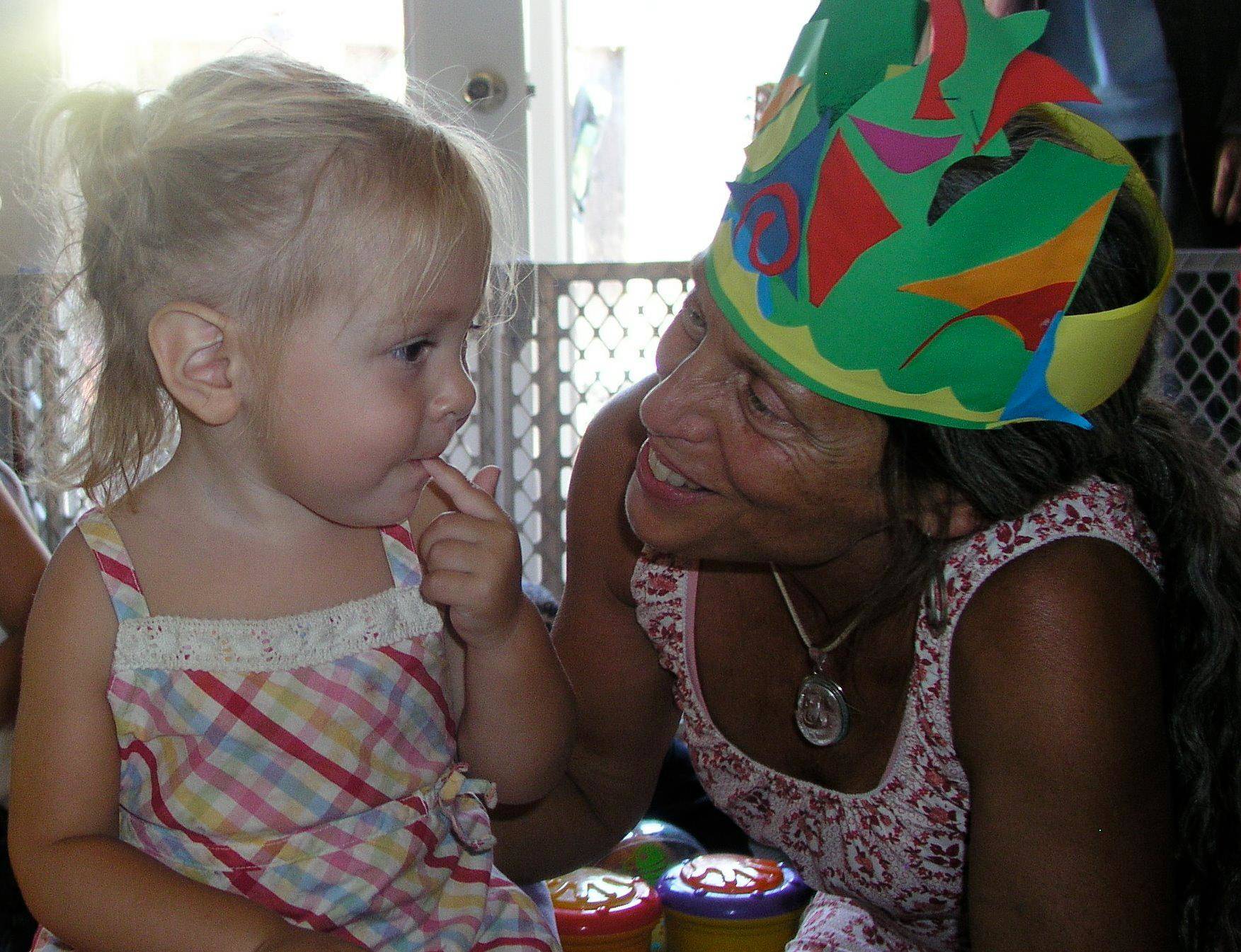By Bernadette Rosanski
Although there are times when praise can be encouraging, parents will be most effective if they avoid praising children too often. "Encouragement" helps our children believe in themselves. This is known as "internal gratification." "Praise" such as good, great, better, best, and excellent condition children to look for "external gratification." Praise keeps your child dependent on the authority figure to feel good about himself. On the other hand, encouragement allows your child to focus on how she feels from the inside out. For example: phrases like, "It looks like you enjoyed drawing that picture," rather than "You're a good boy" gives the child responsibility for his happiness rather than looking for someone or something to bring him happiness. Children realize that it is their challenge to do things to make themselves happy. Adults who did not learn this lesson in childhood often disturb relationships later because they expect others to make them happy. Praise can be a disguise for expressing our personal values and opinions. Praise focuses on the person where encouragement focuses on the effort! Through encouragement we are teaching children to look inside themselves for their motivation, for the answers to their questions, and for knowing their purpose and direction. Encouragement has it's own language. Here are some examples of phrases that express encouragement:
- "You seem to like that"
- "How do you feel about it"
- "I need your help on..."
- "What do you think?"
- "Thanks, that helped me a lot"
- "You can do it"
- "You're getting better at..."
- "I like the way you..."
- "You really worked hard on that"




This is beautiful Deborah! So simple yet completely overlooked in our society. Thank god for your attention and devotion to Positive Parenting. I am so grateful that my girlfriend mentioned this to me. For I have come to a stand still with my two girls mainly my eldest ( 2 1/2). I’m grateful for reading this before major habits set in.
It had me in tears, with these two lines. Which were, ” Children realize that it is their challenge to do things to make themselves happy. Adults who did not learn this lesson in childhood often disturb relationships later because they expect others to make them happy. ”
This hit home. So true for my history and yet I have not realized how to change that future for my children. Thank you so much! I look foward to studying more on your philosophy and application.
I apologize Bernadette! You wrote this ! All the same, it still applies ! Thank you for this!
Meagan,
Non need to apologize! I agree, Bernadette catches the essence of our perspective on Encouragement. She also teaches parenting classes and I love her words too.
I posted another blog yesterday about homework…I found this encouragement perspective to be key in instilling responsibility for schoolwork as well. Luckily, you have a couple more years before you have to worry about that!
I hope you find many resources here, and will share them with your friends.
Best to you and your angels,
Deb
hi